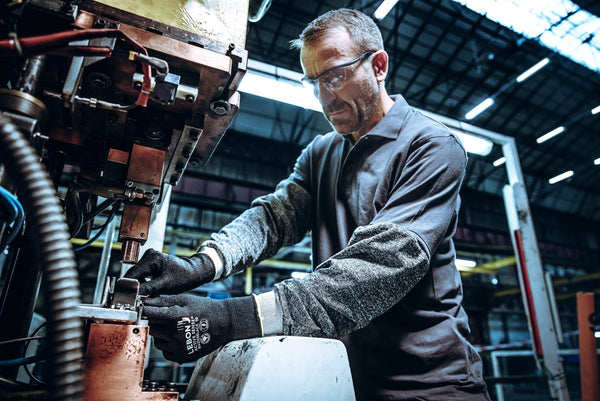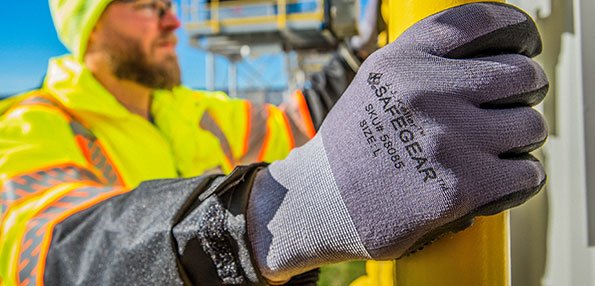Your hands are as important as any other part of your body to protect when it comes to workplace safety. In order to protect workers from accidents and injuries at work, the European Union has set specific requirements to ensure that workers have access to protection for their right hand.
Gloves are one of the most important forms of hand protection. They can range from simple cotton gloves to tough, cut-resistant gloves designed for specific types of work. The specific risks involved in the job will determine the type of glove you need.
For example, workers in the construction industry may need gloves with cut- and abrasion-resistant materials. Laboratory workers may require gloves made to protect against chemicals and other hazardous items.
In addition to gloves, there are additional forms of hand protection that are essential for workers. For example, hand guards are often used in manufacturing and construction to protect against vibration and damage.
It is also important to know that personal protective equipment (PPE) is subject to specific EU regulations and that PPE must be CE marked to comply with EU environmental, health and safety standards.
It is the employer's responsibility to provide workers with appropriate hand protection and it is essential that workers use this protection. To ensure that hand protection is used correctly, it is also necessary to regularly train and educate people on how to use and maintain it.
In conclusion, it is very important to protect your hands at work. Both employers and employees are responsible for ensuring that their employees have the right hand protection equipment and use it correctly. By following the rules and regulations set out in the European Union, we can ensure that employees are safe and protected at work.


